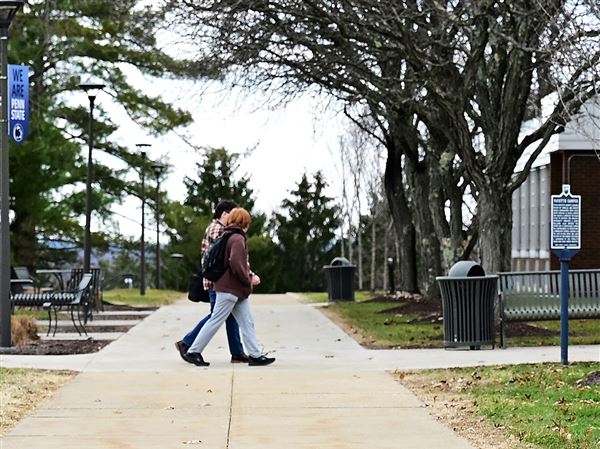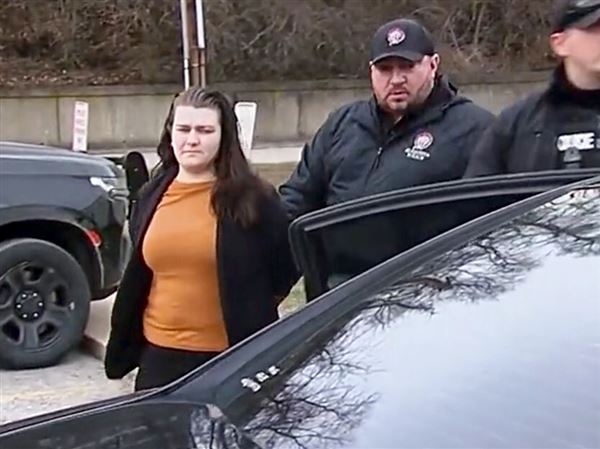The Pittsburgh Public Schools can continue to use a teacher evaluation system that is more rigorous than the state system, according to a decision by the state Department of Education.
The news pleased Pittsburgh superintendent Linda Lane but disappointed Pittsburgh Federation of Teachers president Nina Esposito-Visgitis, who said she plans to meet with Ms. Lane today to discuss the issue.
“We have concerns,” Ms. Esposito-Visgitis said, adding that the union does not believe state law allows for districts to pick their own cut scores.
In the Pittsburgh district, cut scores for teacher performance are higher than those in the state’s teacher evaluation system and higher than those used by other districts in the state.
The district used the evaluation system this year under a one-year waiver from the Department of Education. The new decision, made Tuesday, allows the district to continue using the system for the next three years, at which time it can apply for further approval.
Education Secretary Carolyn Dumaresq, in announcing her decision to Pittsburgh, said “all components of your classroom teacher’s alternative evaluation have been judged to meet regulatory requirements.” Ms. Dumaresq also said the educator evaluation law allows districts flexibility in their implementation and nothing prevents them from being more rigorous than state law requires.
Ms. Lane pointed to the fact that 96.9 percent of the 1,721 Pittsburgh teachers evaluated in 2013-14 were rated distinguished or advanced as proof that Pittsburgh teachers are up to the rigors of the new system.
Ms. Lane said, “Obviously we are very pleased that PDE decided to support us and the work of literally hundreds of Pittsburgh teachers who helped put together a rating form that we believe will work in our contract and would make sense for Pittsburgh.”
Teachers worked with administrators for several years to create the evaluation system.
“We felt our ranges were appropriate. We looked at a lot of data before deciding what an appropriate range was,” the superintendent said. “If we are serious about closing racial disparities and students being able to avail themselves of the [Pittsburgh] Promise, then we have to hold a reasonably high bar to get there.”
In 2013-14, there were 28 teachers who were considered failing and rated unsatisfactory, but given a year and extra help to improve. If they receive two unsatisfactory ratings, they will be fired.
All Pennsylvania school districts started using a new state-mandated teacher evaluation system starting in 2013-14. Previously, teachers were rated satisfactory or unsatisfactory based solely on observation. Under that system, about 3 percent received unsatisfactory ratings in Pittsburgh in 2012-13.
Pittsburgh’s new evaluation system considers student voice, increases the weight given to teachers’ contributions to student growth and established a higher overall standard of performance.
Mary Niederberger; mniederberger@post-gazette.com or 412-263-1590.
First Published: July 29, 2014, 4:00 a.m.
Updated: July 30, 2014, 3:23 a.m.

















